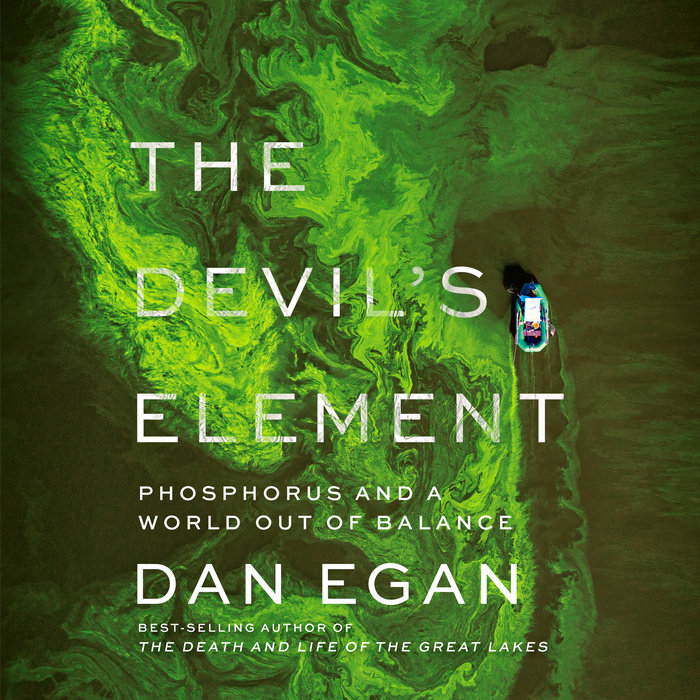
Kudos to Egan for calling out the devil’s bargain humanity has made with a single element: phosphorus. On one side of the equation, phosphorus is the plant nutrient most people haven’t thought enough about, but without which there would be no plant life. Phosphorus, along with nitrogen (worthy of a book of its own) and potassium, are the big three for plant fertilizers. Fail to fertilize plants and there isn’t enough food to support a growing population.
But on the other side of the equation, so much phosphorus has been mined and spread about the planet that it now exists in overabundance in most of the world’s waterways and coastal environments. In the wrong places, phosphorus nurtures the growth of algae in such abundance that thick mats of often toxic sludge have displaced fish, oxygen, and recreation from way too many rivers, lakes, and bays.
Maybe there isn’t another easy way to do this, but Egan’s book falls in line with most environmental treatises, foretelling doom and disaster in global proportions. By the end I was fully ready to toss myself into a toxic lagoon. To make matters worse, Egan extends speculations to the extreme, suggesting, for example, that phosphorus reserves are about to run out and by implication, global famine is imminent. Most evidence predicts that current reserves will last 400 or more years by which time our ability to extract phosphorus from less well-endowed reserves will surely have improved. Nonetheless, Egan highlights the one researcher with a projection of 30 years until we’ve exhausted out supplies, in part, it feels like because it makes for better, more alarmist, reading.
Or, saying that ISIS might take over the Moroccan government (Morocco sits on the world’s largest reserves of Phosphorus) makes for exciting reading, but it’s a little like saying that if Mexican drug cartels get their hands on America’s oil wells, the world would be facing a global energy catastrophe. You hope someone in the bowels of the U.S. State Department is writing reports about potential scenarios that might require American attention, but maybe a whole book to scare the public isn’t necessary. Egan does briefly address solutions a final chapter, but by the time he gets to answers, much of his enthusiasm has waned.